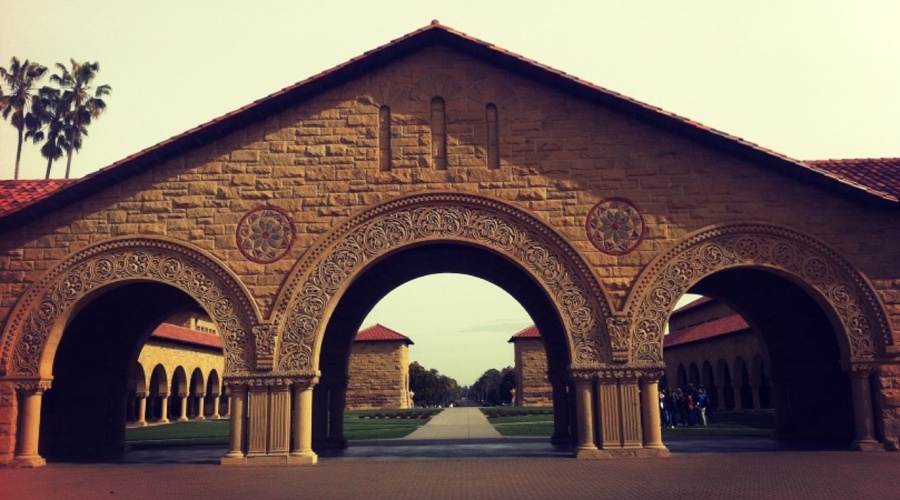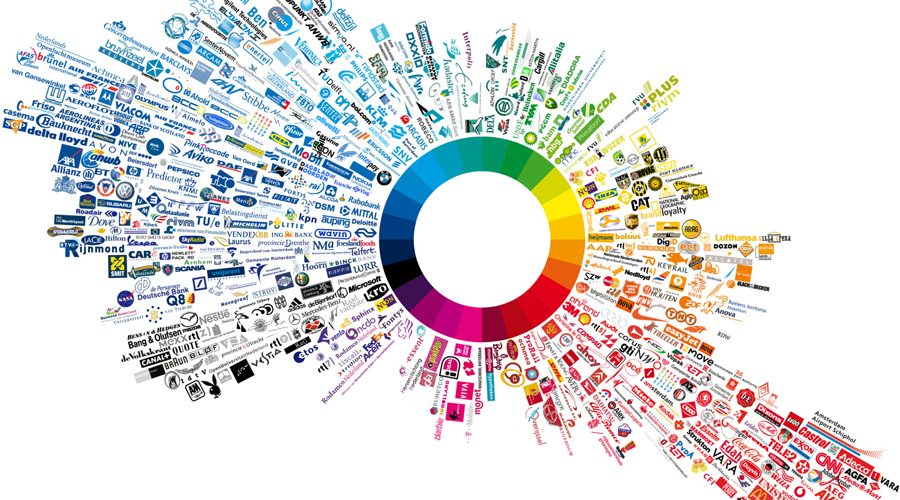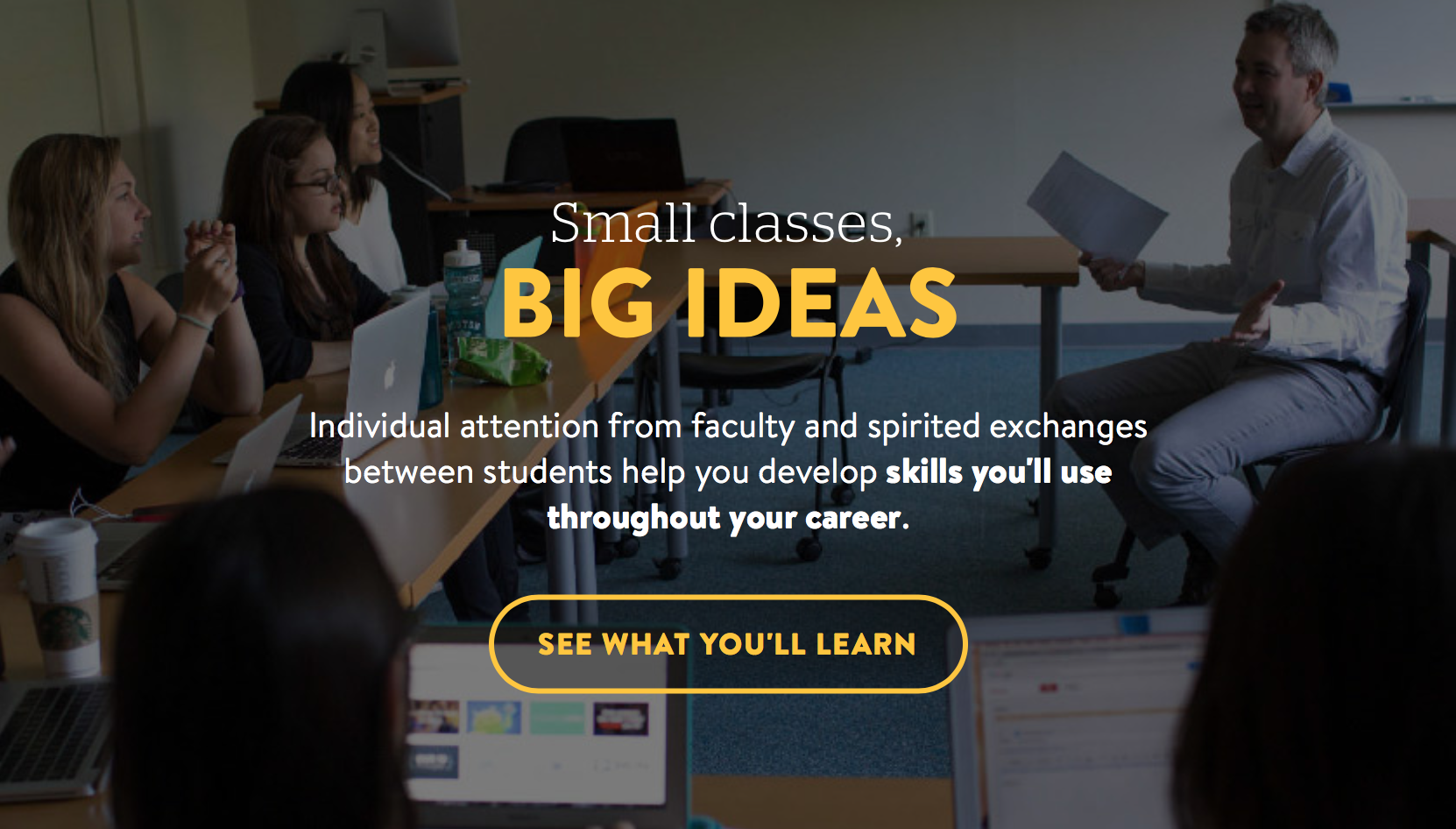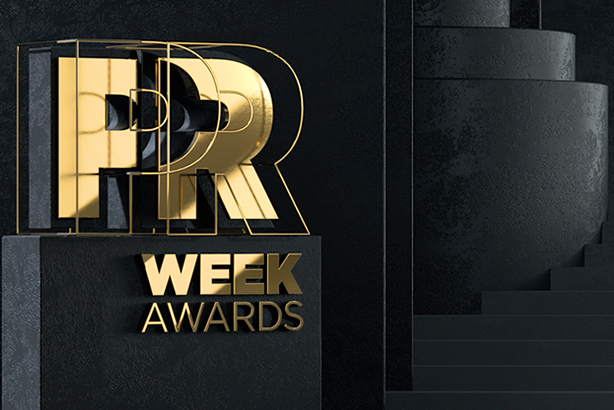

退出登录成功!

继LZ那篇传媒方向实践类专业解析的帖子之后,收到不少童鞋关于理论研究类专业的问题。作为传媒申请里如此重要的一个方向,我们怎么能忽略呢?现特在此开帖详细介绍。
?
先讲宏观的概念,给大家个whole picture.
?
????? What is Communication?
????? Areas within Communication
????? What is like to study Communication?
????? What kindof job do graduates do?
?
?
1. What is Communication?
?
如果你去读Academic/Research/Theoretical方向的传媒项目,尤其是PhD, 你一定会和这三个Communication association经常打交道:
?
National Communication Association (NCA)
Association for Education in Journalism and Mass Communication (AEJMC)
International Communication Association (ICA)
?
看到NCA是不是很熟悉啊,对了,就是在2004发布Communication专业Ranking的辣一个。话说这个排名仅针对PhD项目,而且是很有争议的,这也是在此之后他们没再发布过类似的排名的原因。这个稍后再表(哈哈,说评书的节奏啊)。但作为最权威的传播学术组织之一,影响力和权威性是毋庸质疑的。这里就引用NCA对Communication的定义来解释Communication.
?
“The discipline of communication focuses on how people use messages to generate meanings within and across various contexts, cultures, channels, and media. The discipline promotes the effective and ethical practice of human communication.”
?
NCA还解释到,Communication是一个范围很广的学科,内容涵盖来自social scientists, humanists, and critical and cultural studies scholars的学术研究。而且包涵所有形式的human communication.
?
Communication包括的范围太广,这也正是申请者对它总是摸不到头脑的原因。但别急,对它的解析答疑正是本文的目的。我们接下来看如此广泛的学科有哪些细分领域。

?
2. Areas within Communication
?
不同的学术组织有不同的分类逻辑,我们还是看权威的NCA列的common的研究领域。
?
Applied Communication?- The study of how communication theory, research, and/or best practices help inform knowledge and theory about communication for practical issues.
?
Communication Education?- The study of communication in the classroom and other pedagogical contexts.
?
Communication Theory?- The study of principles that account for the impact of communication in human social interaction.
?
Electronic Media?- The study of radio, television, media technology, and web design with streaming audio and video.
?
Health Communication?- The study of communication as it relates to health professionals and health education, including the study of provider-client interaction, as well as the diffusion of health information through public health campaigns.
?
International and Intercultural Communication?- The study of communication among individuals of different cultural backgrounds, including the study of similarities and differences across cultures.
?
Interpersonal Communication?- The study of communication behaviors in dyads (pairs) and their impact on personal relationships.
?
Language and Social Interaction?- The study of the structure of verbal and nonverbal behaviors occurring in social interaction.
?
Legal Communication?- The study of the role of communication as it relates to the legal system.
?
Mass Communication and Media Literacy?- The study of how mass forms of communication, such as print, radio and television disseminate information and influence society.
?
Mediation and Dispute Resolution?- The study of understanding, management, and resolution of conflict within intrapersonal, interpersonal, and intergroup situations.
?
Organizational Communication?- The study of processes used to analyze communication needs of organizations and social interaction, including how to improve communication between supervisors and employees.
?
Performance Studies?- The study of components such as performer(s), text, audience, and context within the communication discipline.
?
Political Communication?- The study of the role that communication plays in political systems.
?
Public Address?- The study of speakers and speeches, including the historical and social context of platforms, campaigns, and movements.
?
Public Relations?- The study of the management of communication between an organization and its audiences.
?
Rhetorical Criticism?- The process of defining, classifying, analyzing, interpreting, and/or evaluating rhetorical artifacts.
?
Semiotics?- The use of verbal and nonverbal symbols and signs in human communication.
?
Small Group Communication?- The study of communication systems among three or more individuals who interact around a common purpose and who influence one another.
?
Speech Communication?- The study of the nature, processes, and effects of human symbolic interaction. While speech is the most obvious mode of communication, human symbolic interaction includes a variety of verbal and nonverbal codes.
?
Theatre and Drama?- The study and production of dramatic literature.
?
Visual Communication?- The study of visual data, such as architecture, photography, visual art, advertising, film, and television as it relates to communication.
?
看完了以上的领域及简单释义,我相信你会对Communication找到些感觉了。其实细分的方向就是不同context下的communication!而刚才说到Communication学科关乎所有形式的human communication,它有很多的细分领域也就不稀奇了。
?
看到这你可能一方面感觉很兴奋,在众多的研究方向中找到了自己感兴趣的;另一方面你可能又overwhelmed了,这么多又从何下手了解这些方向呢?还记得NCA 2004那个排名吗?如果你看这个报告的研究方法,它指出这里所Rank的专业是这样定义的。第一,他们要联系学校让他们自己define他们program的专业;第二,这些专业要有至少15个program提供。因为配合NCA这项调研进行回复并评介的response很少(33%),再加上15个program的条件,他们最终只对如下Communication的specialty areas进行了排名。
?
Communication and Technology
Critical/Cultural Studies of Communication/Media
Health Communication
Intercultural/International Communication
Interpersonal/Small Group Communication
Mass Communication Research
Organizational Communication
Political Communication
Rhetorical Studies
?
?
现在是不是make sense了?这些不正是论坛里经常探讨的专业吗?他们相对其他的area更常见,而且那个排名确实很有影响力,所以大家对这些领域会更熟悉一些。但在这以外,还有一些area, NCA提供了program list, 只是不再做ranking这种费力不讨好的事了。
?
Doctoral Programs by Research Area
?
Alphabetical listing of Doctoral Programs and by State
?
?
3. What is it like to study Communication?
?
今天来说说理论型的program都怎么个学法。首先要声明的是,美国大学的program,不管是什么专业,都将自己视为一种教育产品。在市场化的环境下,教育产品也和其他产品一样,讲究定位、受众和差异性。所以这些program,即便是同样的degree, 同样的研究方向,在具体的program设置上也不尽相同(这也是大家看program看得头昏眼花的原因之一)。所以今天总结的是绝大多数的program的in general的guideline,目的是给对这类program都学什么、怎么个学法没有概念的同学扫扫盲。
?
先说Master。不管你的program叫什么,是上帖说到的communication哪个细分方向的,第1-2个学期通常是广泛学习Communication通用的、基本的理论以及研究方法。研究方法既包括定性的(Qualitative),也包括定量的(Quantitative)。在这个阶段,讲究的是学习的广泛性,侧重为后续的学习打基础。接下来,学生会选择specialized area来进一步学习该area的理论。这个阶段讲究的是深入性。最后,就是展示学习成果的时候。通常会以一个Capstone project来实现。这个Capstone project可以是thesis,也可以是一个学生自己想做的project, 也可以选一些特别的capstone级别的课程。

?
?
PhD的学习过程与Master是同一个逻辑,只不过是Master的升级版。本科直录的PhD前两年做的事和Master是一样的。Master结束之后会有考核,考核通过则颁发一个Master,然后继续;不通过的话也给个Master,然后回家。当然,有个别的program不授予terminal master degree。也就是说你不能心里想着读Master,因为种种原因,申了PhD, 然后读了两年就拜拜了。在这方面有严格规定的有Harvard - Film and Visual Studies; U of Michigan, 还有教堂山的Communication Studies.
?
?
进入PhD阶段,第1-2年还是会有一些必修课要上。当然这些课都是根据你的研究方向,以及你所选的tentative的dissertation topic,在Advisory committee (不同的学校有不同的叫法,一般由2-3个faculty组成)的指导下来选的。这些课可能是讲general理论和研究方法的,也可能是讲你的研究方向的,还可能是讲你的研究方向以外的、甚至是其他学院的课。为什么会这样呢?因为PhD阶段的学习(其实已经不是传统意义的学习了,学校是在培养你独立开展研究的能力)既注重研究的广度又注重深度,同时又注重创新性。而开展创新性研究最常用的方法就是跨学科。你在一个跨学科的领域中找到一个研究课题,然后将这个课题分解成若干子问题,再分别去研究,这样才既能保证深度又能保证原创性,才好发paper啊。毕业、找工作还有申绿卡主要看publication啊。
?
?
准备性的课程上完了之后,就要考核了,有的叫Qualifying examination,有的叫Comprehensive examination.不管叫什么,都是来考察你是否具备了针对你所设定的dissertation topic开展独立研究的能力,既考察知识的广度又考察深度。为什么要考察广度?你如果连这个领域内已有的研究都不知道,你怎么能保证你全面理解了这个课题,而且你不会做重复的研究呢?为什么考察深度?如果你对课题没有深入、独特的理解,你怎么可能做出有独特视角的、深入浅出的研究呢?
?
?
通过了这个考核之后,你就可以开始正式dissertation的阶段了,说是dissertation, 其实就是research. 最后的dissertation是对你PhD期间围绕你的研究课题所做的各项工作及成果的总结。如果你之前的子课题都有很好的研究成果,被publish了,最后这个dissertation也会是很有说服力的。Dissertation完成之后还要进行Oral defense。Defense的Committee是来自你的dissertation领域的大牛小牛们。他们会对你的dissertation进行各种challenge,而你要证明你的research/dissertation是make sense的。只有通过了committee的review,才能说明你的dissertation does qualify.
?
4. What kind of job do graduates do?
?
毕业生都做什么工作呢?PhD就比较简单了,基本就是在academia做faculty啦,也有的会去研究机构、咨询公司或是商业公司的研究部门。在academia的好处就是稳定、reputation好,做成大牛,做到tenure,天天喝酒也没人管你了,哈哈。 做成大牛,国内高校也争着要啊,暑期回国开个班也得按美国的工资给啊。特聘教授,偶尔回来的,也得给提供房子啊。 不过工资不高, 尤其在没成大牛之前,不如在公司里高。但是福利绝对好。全家上下保险都好好的。身边就有孩子早产睡了三个多月的保温箱,花了一个million,自己一分都不用掏的例子(话说美国的医疗如果没有保险是灰常贵的)。而且如果你的孩子以后读你任职的学校是不收学费的。
?
?
Master毕业可以继续申博读博。工作的话,可以去小一点规模的学校教书,也可以去研究机构,咨询公司或者去商业公司从事偏研究类型的工作。像广告公司、公关公司都有research部门,他们会推出一些原创的研究方法,以显示自己的行业地位和实力。
 ?
?
?
最后啰唆一下大家很关心的奖学金问题。PhD通常都会有3-4年的support。形式有学费减免、TA, RA,还有fellowship. PhD一般招的人数是个位数,具体多少根据当年的funding来定了。申请Assistantship要看你的qualification。TA对iBT口语有特殊的要求;RA要看以往的研究经历。竞争是很激烈的。Master的奖学金就没那么多了,是综合考虑你整个申请的package来决定的。同样的,TA,RA都有特别的考量方式。
?
讲到这,忍不住还要啰唆两句。看完了实践类和理论类专业的介绍,Master和PhD的介绍,大家难免会开始对比,想着哪个就业更好、发展更好。我想说的是,不管什么专业,什么学位,在哪个国家,都有做的好的和做的差的。你不能说我看见这个领域有牛人如此牛,我就来这个领域了;那个领域有人混的如此差我绝对不能去那个领域。你想的应该是我做什么有可能成为大牛!因此你做决定的标准应该是什么是适合自己,能扬长避短的,什么是真心感兴趣的。因为只有做自己擅长的事才能将才能发挥到最大,发挥到最大才有可能做到极致;只有做自己真心热爱的事才能让你有耐心、不怕挫折,即使不收获成就也能收获快乐。也只有这样做出的选择才能使你有可能在你的领域(whatever it is)成为top的,成为牛的。有道是,选择大于努力,道理正在于此。大家好运!



































